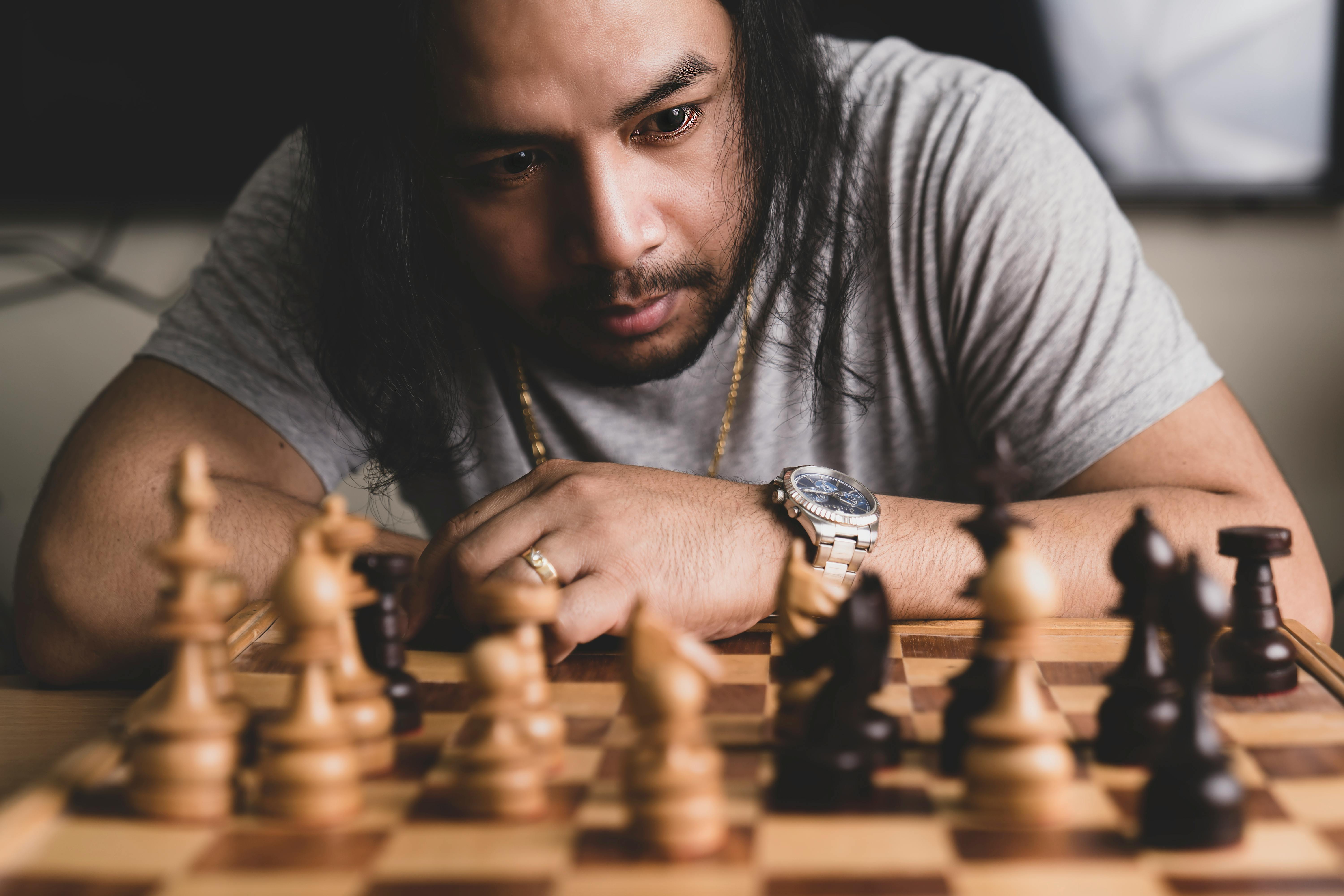Addiction and the search for fulfillment
Where there is emptiness there is hunger. Passionate hunger fuels the need for connection and completion. We are innately driven to fill the void in a self-transcendent way through whatever we can become attached to that offers us the promise of fulfillment. In our desperation, the longing for wholeness, cohesion, connection, power, and love can cause us to compulsively cling to a drug, thing, or person. There may be a momentary illusion of fulfillment that results and that prompts us to acquire more. We get caught up in a relentless search for that moment of ecstasy, ignoring the destructive consequences of seeking this addictive connection.
The late psychoanalyst Carl Jung wrote to AA founder Bill W that alcoholism is a spiritual disease, one that has at its base a drive for wholeness. In the misguided search for wholeness, addiction becomes the primary connection. All other connections lose meaning and become inconsequential. If we conceptualize spirituality as having to do with the experience of connection with whoever or whatever is most essential in one’s life, we can assume that addiction itself becomes a misguided spiritual quest. The addict’s object of desire is the primary connection that provides false hope and a magical sense of temporal cohesion/wholeness.
At first life seems manageable. Addiction is the magic formula that ends unexplained pain. The addict succumbs to a temptation, which is greater than one can resist, and a dynamic of submission to power emerges. In this dynamic, the hidden desire not to be responsible for the choice creates a relationship in which the soul’s ability to move toward wholeness is denied. Addiction hinders the soul’s ability to choose and take responsibility. By giving up the spiritual choice to align with the soul’s capacity for wholeness, the addict discovers less and less of himself and seeks isolation as the best circumstance to enjoy his high.
Gary Zukav wrote, in “The Seat of the Soul,” “For the addict, physical reality is not aligned with the reality his soul wishes to create. The addict’s suffering leads him to recognize the need to break free from this form of learning and choosing the input of Divinity to shape one’s world.” It is usually at this point of dark despair that a moment of Grace occurs. In AA this is known as ‘bottom’. Freud referred to it as a ‘death of the ego’. Saint John of the Cross wrote of his ‘dark night of the soul,” whereby demystifying choice allows for a conversion experience. In this process, Jung conveyed that opposite extremes are synthesized in a balanced way. The lower drives inherent in seeking addiction are embraced and integrated so that a more complete personality and authentic sense of self results.It is our own “shadow”, that is, the parts of our self that are denied, that potentially teach us what we need.
Framing recovery in the context of one’s place in the larger circular scheme of interconnected life helps one become aware of one’s existence as a spiritual being and catalyzes the grieving process in which memories of soul abandonment become conscious. Our connection to the spiritual is only achieved when we come to see ourselves as extensions of God/Goddess and as channels for the will of God/Goddess. This implies choice. The notion of original sin in non-dualistic spirituality relates to our rejection of who we are as children of God in God’s world. It is the notion of original sin that is originally sinful. Jung related that our alienation from who we are is the source of our brokenness. Therefore, by embracing, not dividing, we heal. Our sense of wholeness and connection reminds us of our holiness. Its absence fosters the belief that we are disconnected from our divinity. This recovery process involves challenging and altering spiritual worldviews, which reinforces addictive behavior. It is through the self-awareness of one’s own separation/shattered self that we are led to the recovery of self and wholeness.
